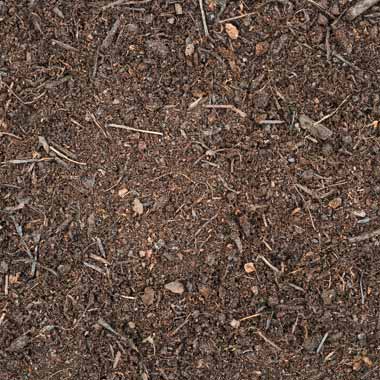Composting is the process of combining organic materials in order to recycle them into a high-quality, usable soil.
This blog post explores how compost will benefit your garden.
There are 3 Essential Elements to Plant Development
1) Fertile, nutrient-rich soil
2) A supply of regular and abundant light
3) Ample hydration
However, there are also techniques and materials which can be utilised to promote growth. The most popular material to achieve growth is compost.
What is Compost?
Composting is the process of combining organic materials in order to recycle them into a high-quality, usable soil.
Compost has been used for thousands of years. In fact, there’s evidence on clay tablets manure was used in agriculture 1000 years before Moses was born!
Consumers and industries have discovered ways to speed up the process in order to achieve a higher turnaround of this material.
There are 4 Main Benefits When Composting:
- Composting allows for unused/waste material such as food and garden leaves to be converted into an incredibly beneficial product. The alternative would be to send the waste material to landfill sites where greenhouse gasses are created.
- The addition of high quality compost to your soil will aid in neutralising pH levels. This will help to facilitate growth. The majority of plants favour nutrient absorption in pH levels between 5.5 and 7.5.
- Compost attracts both macro and microorganisms which helps to improve the ecosystem found in the soil. In turn, this prevents disease within your plants.
- Integrating good quality compost will improve the overall structure of your soil. This is through optimising density and compaction. Having the correct density of soil allows for plant roots to freely embed themselves within the soil. This helps facilitate the absorption of water and nutrients for ideal growing conditions.
